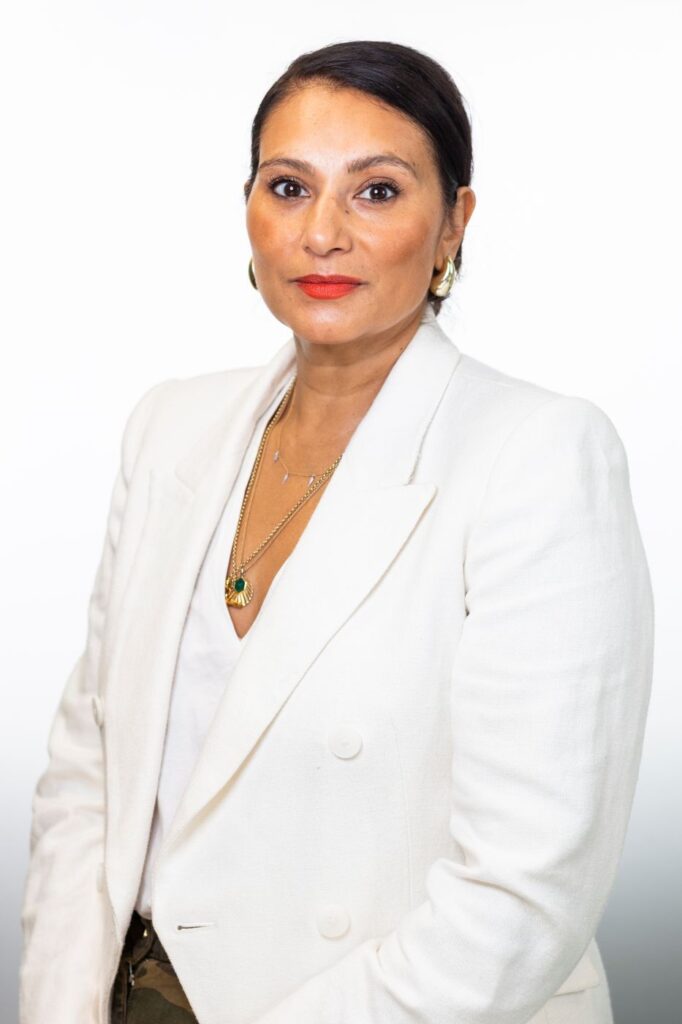
By Paula Whitmore, Head of EMEA Sales at Avalara
Early in my career, I often found myself in roles where I was expected to organise, execute, and deliver, taking notes in meetings, grabbing the coffees, making sure everything ran smoothly. These are valuable skills, but they came with an unspoken assumption: I was a “doer,” not a strategist.
Many women in business still face this. They are asked to prove their credibility, to do twice as much as their male counterparts, before being trusted with shaping strategy. In fact, data from McKinsey and LeanIn.Org shows that 39% of women are frequently interrupted or spoken over in meetings, compared to just 20% of men, and 38% say their competence is regularly questioned.
That perception has real consequences. It can limit career progression, keep women out of decision-making roles, and stifle the diversity of thought that businesses urgently need.
Mentorship as a catalyst for change
When I joined Avalara, I was asked to chair the Women of Avalara programme, which gave me a platform to explore diversity and inclusion more deeply. What became immediately clear is that mentorship, when done properly, is not just a “nice-to-have”, or something to put on your LinkedIn profile.
Mentorships take time, primarily for the trust to develop between mentor and mentee. It requires patience, listening, and a willingness to challenge assumptions on both sides. My own mentor, Liz Armbruster, has been a constant source of inspiration. Through her guidance, I learned that the best mentorship relationships evolve slowly, becoming less about advice and more about partnership in shaping vision, thought processes, and goals.
Mentorship also broadens access. In my own organisation, I’ve seen how informal sponsorships, introductions, and advice from senior leaders can open doors that might otherwise remain closed. When leaders invest time in nurturing junior talent, they not only shape careers but infuse the whole business with energy, innovation, and resilience.
As a leader, I often ask colleagues: What vision do you have for your time here? It’s a simple but powerful question. Management is about caretaking, coaching, and ensuring delivery. Leadership, by contrast, is about painting a picture of the future and helping people see how strategies can come to life. Mentorship is the bridge that helps people step into that mindset, helping colleagues learn from real-world examples and widen networks.
Leading a team globally and the importance of soft skills
For me, leadership is rooted in relationships. Having worked across EMEA, I’ve had to adapt to different languages, currencies, and cultural contexts. That experience taught me that empathy and adaptability are not “soft skills”, they are essential business skills.
Trust sits at the centre of it all.
Customers buy from people they trust. Teams follow leaders they trust. I see the same principle play out in my work with Avalara. Global trade and taxation can be complex, especially when businesses are navigating new tariff rules, shifting thresholds, and compliance requirements across multiple countries. For our customers, trust is not just about technology, it’s about knowing they have a partner who will anticipate changes, guide them through the complexity, and help them avoid costly mistakes.
Just as in leadership, showing up with clarity and consistency matters. When we help a small business prepare for a tariff change, such as de minimis, or support a multinational managing cross-border trade, what we’re really doing is building the kind of trusted relationship that allows them to focus on growth rather than getting stuck in red tape.
Facing AI with curiosity, not fear
Few topics spark more anxiety among finance professionals than artificial intelligence. I hear it all the time: “Will automation make my role redundant?” The reality is that AI is not replacing professionals, it’s reshaping the nature of their work. Tasks such as reconciliations, compliance checks, and data entry are essential but repetitive. These are exactly the processes AI excels at.
Rather than seeing that as a threat, we should see it as an enabler. Automation frees professionals from the mundane, allowing them to focus on the 10% that really matters: judgment, analysis, and strategic insight.
Having worked in software, sales, and legal before joining Avalara, I’ve seen entire industries evolve around new technologies. Each time, the professionals who thrived weren’t necessarily the most technically skilled, but the ones who were curious, adaptable, and willing to learn from and accept change.
For finance leaders today, embracing AI is less about coding or algorithms and more about mindset. Ask yourself: How can I use automation to make my team more efficient? What new insights can I generate once the busywork is gone? Those who approach AI with curiosity will not only protect their careers, but they will also elevate them.
The lesson across all of this is simple but urgent: careers and businesses succeed when we embrace change rather than resist it. We must call out outdated assumptions that limit women’s careers. We must commit to mentorship as a serious, long-term investment in people. It can be a powerful equaliser, especially in fields like finance where tradition can unwittingly reinforce old hierarchies.



[…] My own path, from illness and exhaustion to mentoring leaders across APAC, has shown me that the antidote lies in aligning wellbeing with leadership. […]